'The Crown' Season 3 Includes Two of the Best Episodes of the Entire Series
"Aberfan" deserves an Emmy.
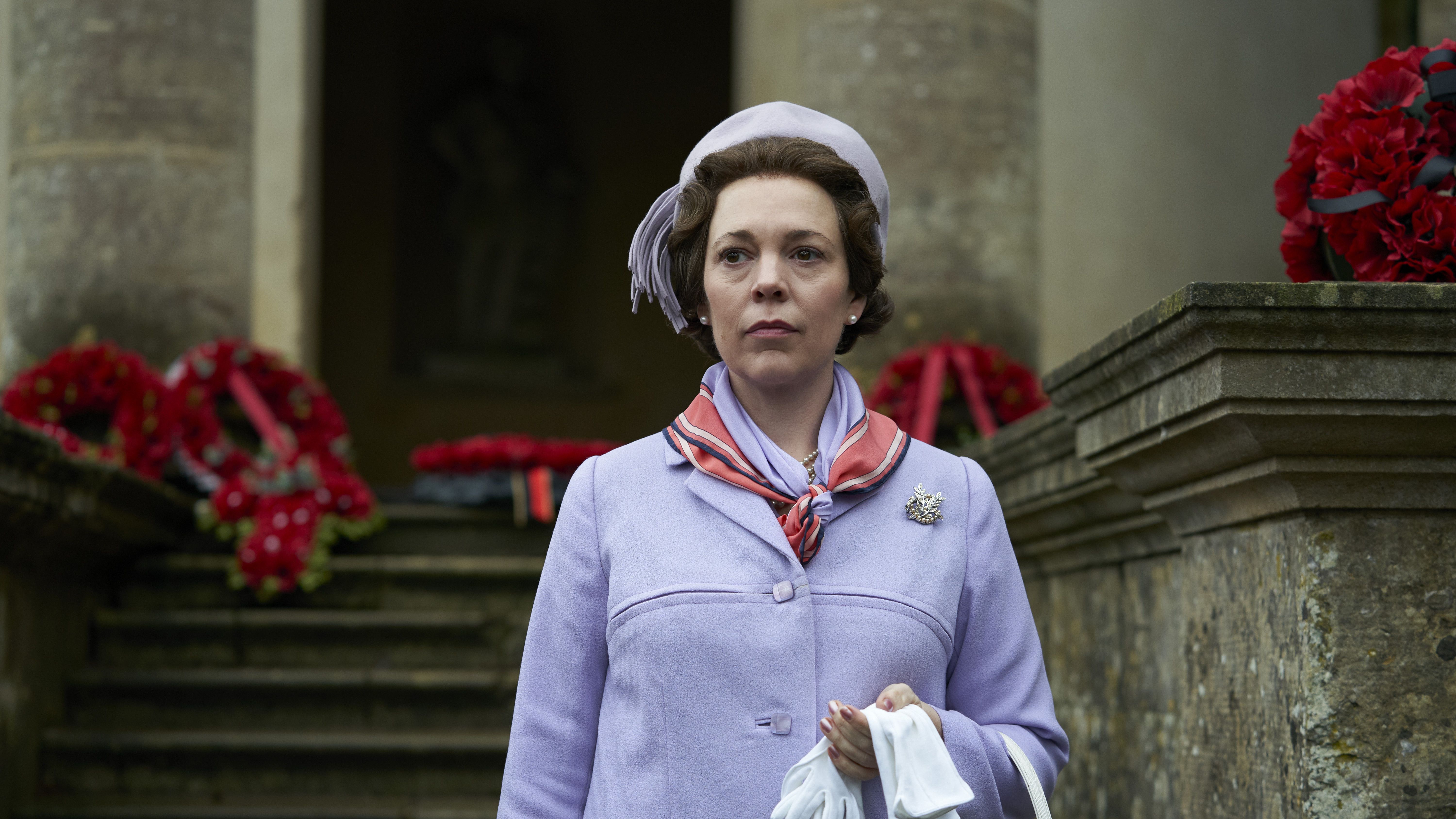
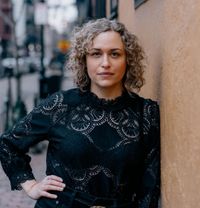
If season one of The Crown was about Elizabeth becoming Queen, and season two showed us Elizabeth coming into her own, by season three she's middle-aged and feeling obsolete. That's both the joy and the challenge of the beloved Netflix series: The story is theoretically about Queen Elizabeth II, but the trials of the royal family and the world at large steal our attention and redirect our focus. Season three is uneven and a bit of a placeholder for the events to come (Diana!), but it remains thrilling to watch. There are scenes of gorgeous feeling and tremendous heartache that are truer and deeper than any that have come before it, and two of the episodes ("Aberfan" and "Bubbikins") are among the best of the entire series.
The season's most immediate challenge is that the roles have been recast since season two, and some of the changes work more effectively than others. Olivia Colman brings a quiet discomfort and brittle toughness to the role of Queen Elizabeth that's a befitting extension of Claire Foy's youthful reserve. Tobias Menzies is even better than Matt Smith as Prince Philip. Menzies' deeper voice only bothered me for a minute.
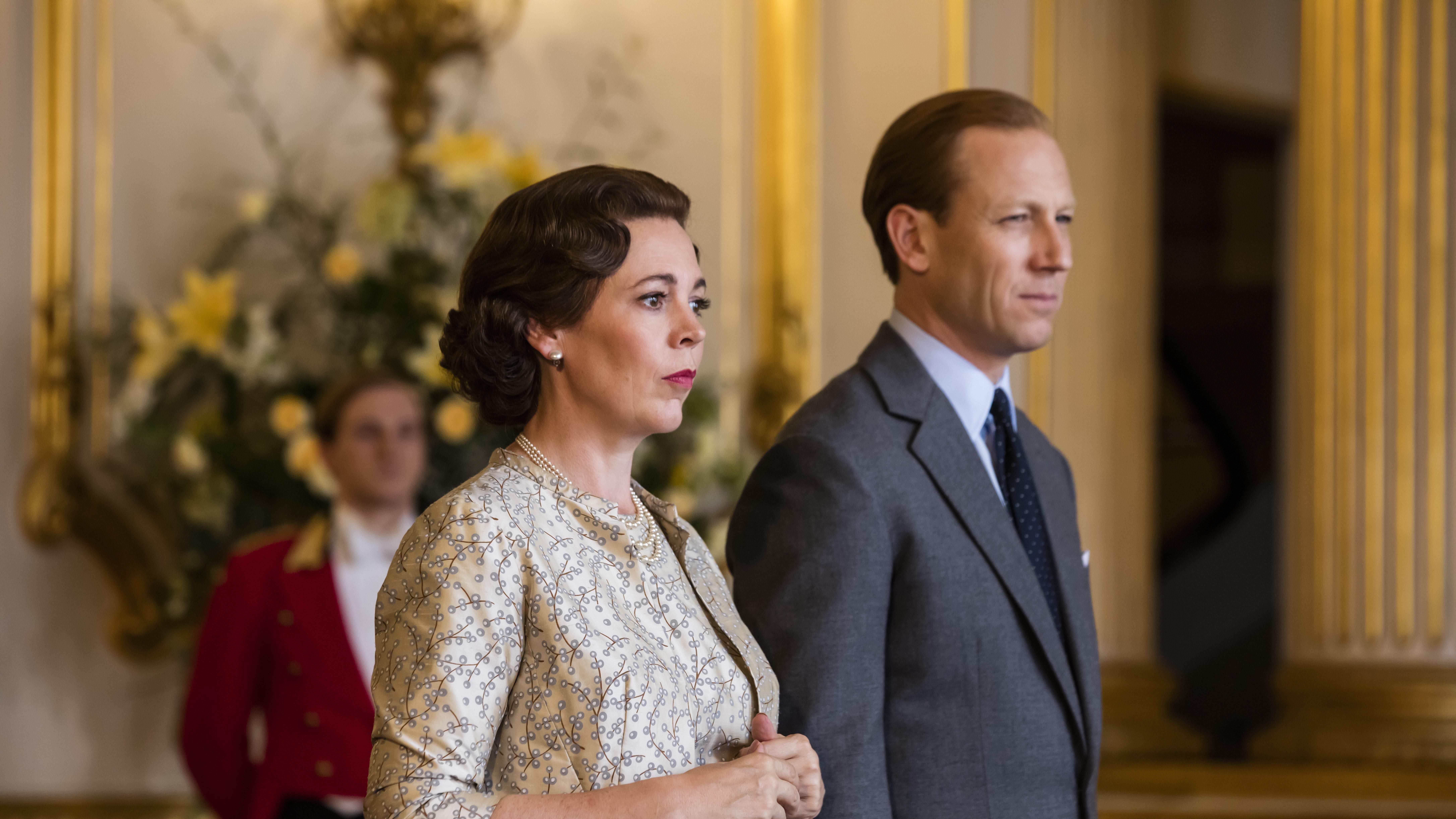
Helena Bonham Carter as Princess Margaret is trickier—it's hard to come close to the sexy, bubbly energy of Vanessa Kirby, and the four-inch height difference between the two actors threw me more than I expected. Some of the actors have entirely different accents or look so different from their predecessors (Marion Bailey as the Queen Mother, for example) that it was hard, at first, to know exactly who was who.
But Josh O'Connor as Prince Charles and Erin Doherty as Princess Anne look and sound exactly like the real thing, and their young romantic entanglements are captivating—especially since we know what's coming.
Cruelty and intolerance is passed from one royal generation to the next.
Princess Diana's absence looms large and may irritate some fans, despite the showrunner's advance warning that Diana won't appear until season four. It makes sense not to rush the narrative—there's so much material to cover (large-scale political turmoil, the moon landing), that the season feels overstuffed at times. This can't really be helped; the time period this season spans (1964-77) was a turbulent one, and saw the Royals at the fringes of history instead of at the forefront. The fact that we end the season a couple years before Prince Charles meets Diana makes the finale feel like an anticipatory inhale instead of a satisfied sigh. It's the closest The Crown has come to leaving us on a cliffhanger.
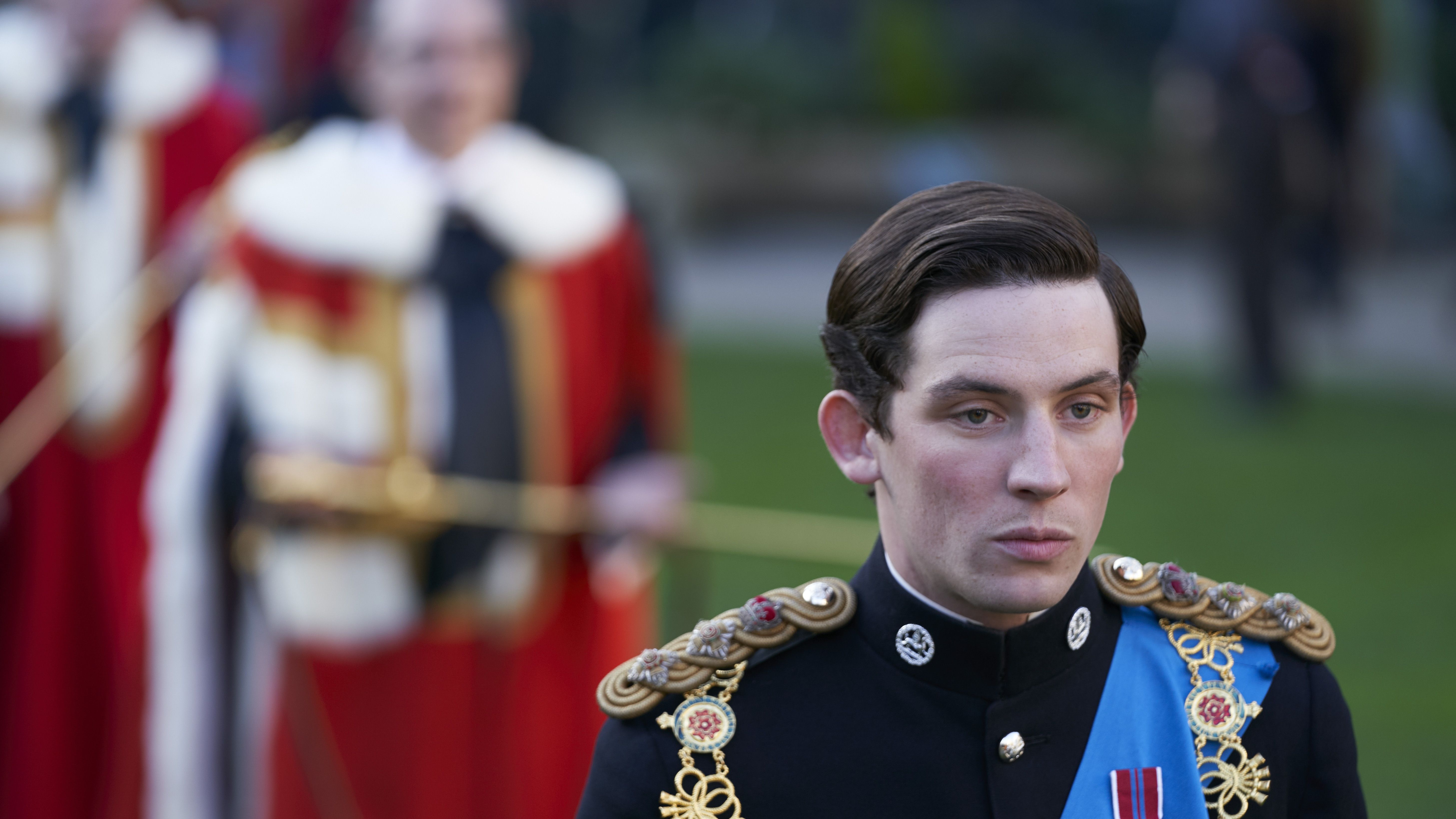
But what makes this show consistently great, despite its challenges, are its depiction of interpersonal relationships. In an extension of the character's development through seasons one and two, Philip continues to be close-minded and perpetually disappointed in...most everyone around him. But he's proven wrong again and again this season. His estranged mother Princess Alice forces him to question his faith, and the moon landing precipitates a full-blown mid-life crisis. Menzies' nuanced portrayal helps to redeem Philip from problematic moments of seasons one and two.
Another standout of the season is O'Connor. Prince Charles establishes himself this season, and almost immediately becomes the Windsors' black sheep for his personal and professional choices. Cruelty and intolerance is passed from one royal generation to the next, and we can see the seeds planted for disaster. Margaret, meanwhile, is experiencing that same disaster in full bloom. Her dissolving marriage is only part of the problem—she's never been accepted by the family, and continues to struggle to find freedom and purpose. Bonham Carter rages and sobs with a fierceness that, while totally different from Kirby's, is enthralling.
Get exclusive access to fashion and beauty trends, hot-off-the-press celebrity news, and more.
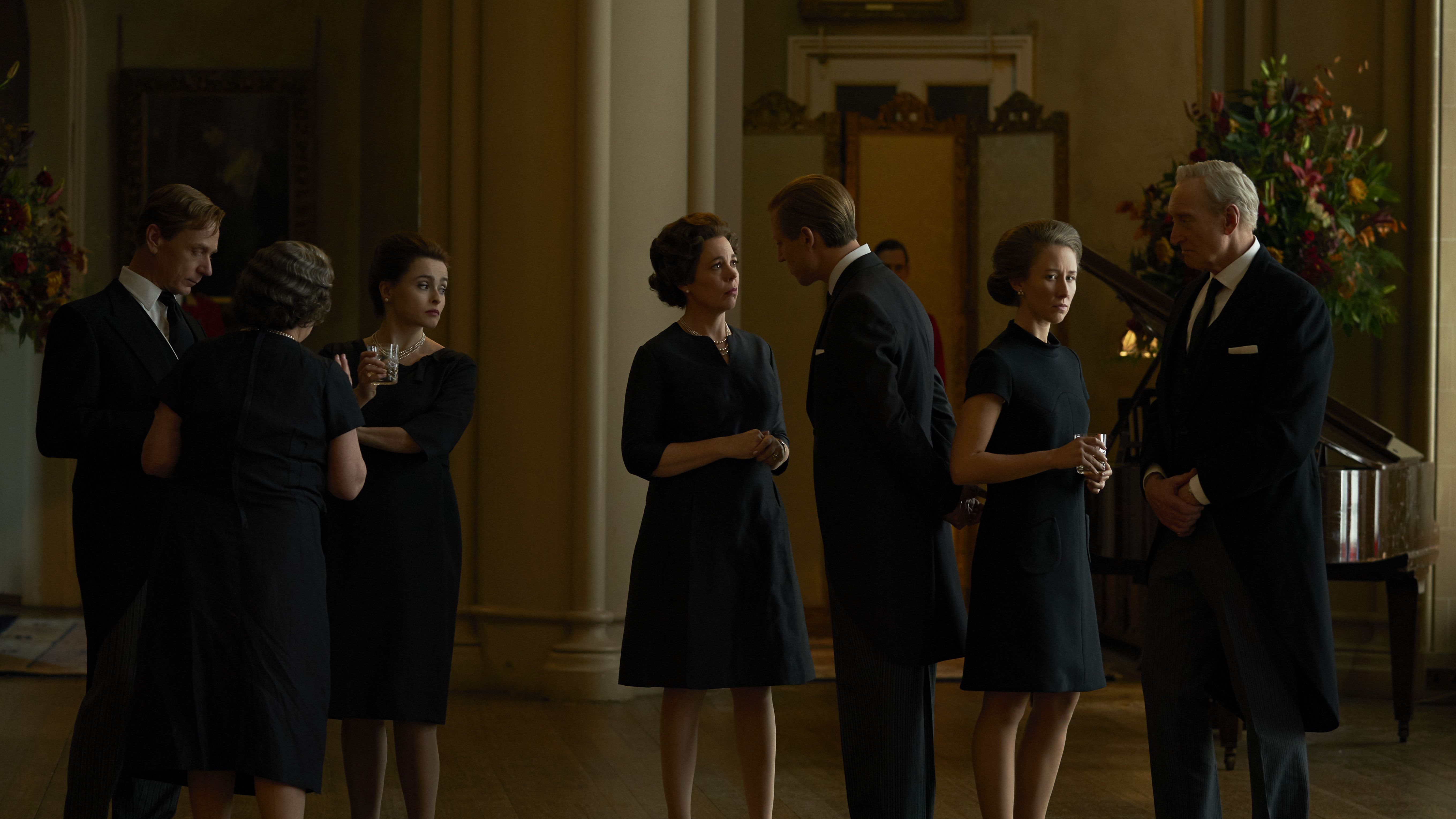
But the best by far is Olivia Colman as Elizabeth. Even when she's stuck on the sidelines watching her family whirl around her, she manages to radiate under a mask of manners. She emanates quiet fury at a public jab from the Prime Minister. She furrows her brow at Charles' relationship with Camilla Parker Bowles. She smiles sheepishly at her husband, with whom she still shares a sweet chemistry.
"I have known for some time there is something wrong with me," Elizabeth explains.
The best example of Elizabeth's emotional dichotomy is "Aberfan," the first episode of The Crown to make me cry. After a horrific mining accident that sees 116 children die in an avalanche of coal waste, the Queen delays visiting the families. It appears cold and unfeeling, but it's because she feels emotionally deficient and unable to give the public the show of grief they want. "I have known for some time there is something wrong with me," she explains, and we feel her pain just beneath the surface. Whether or not it's strictly true—the Queen does occasionally cry in public—it gives a realistic depiction of a woman raised to be stoic and now asked to be emotional. In a show that prides itself on historical rigor but can sometimes feel remote, Colman's vulnerable performance in this episode alone helps season three rise above everything that came before it.
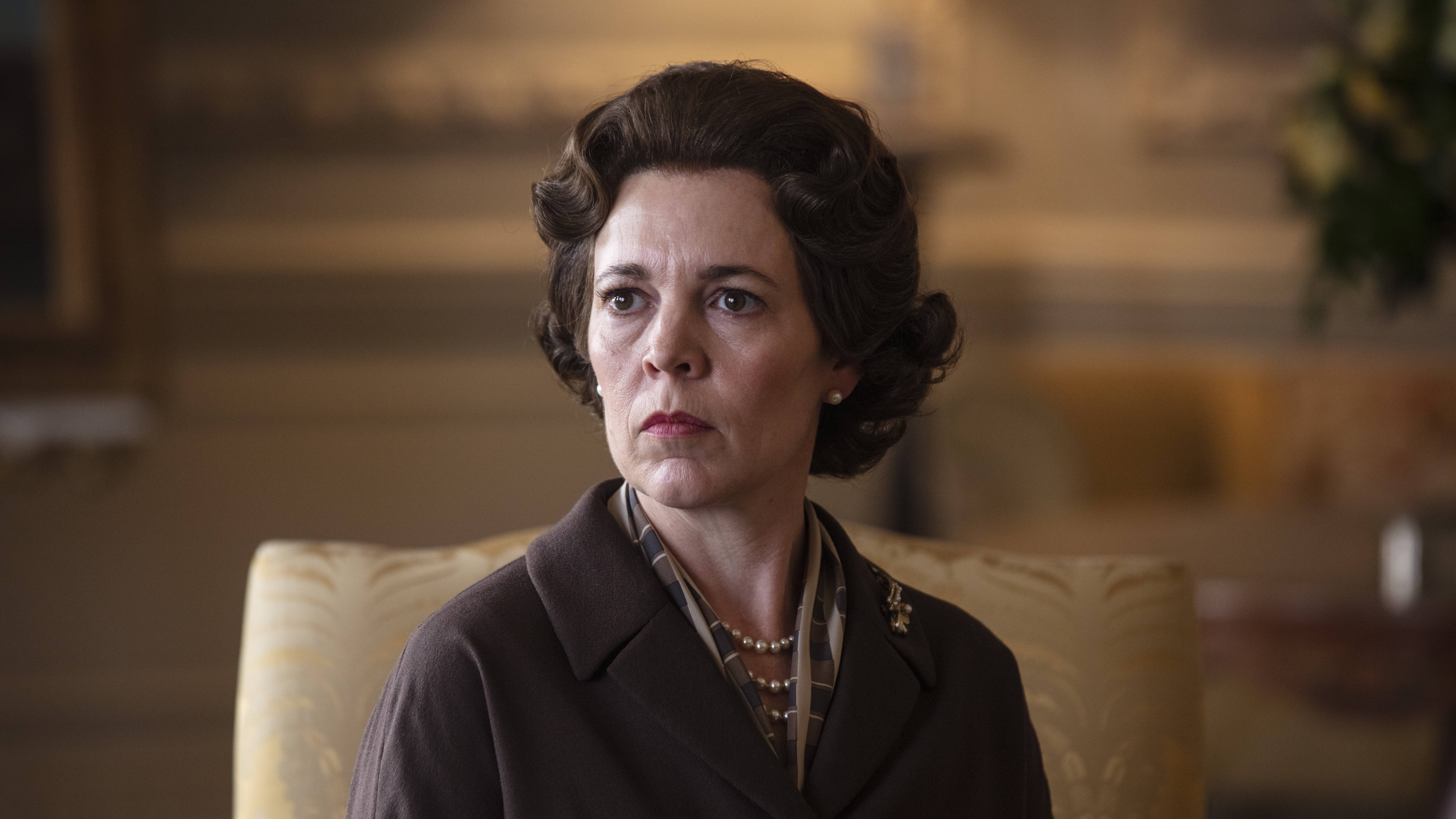
The Crown is a cumulative show, as my history-loving husband likes to remind me. None of these performances would even be possible without the groundwork of Foy, Smith, Kirby, and the rest of the former cast. But Colman and her new guard are taking that foundation and building towers on top of it. Even if the whole of season three is just a setup for what's to come, it's a gorgeous view, and well worth the climb.
For more stories like this, including celebrity news, beauty and fashion advice, savvy political commentary, and fascinating features, sign up for the Marie Claire newsletter.
RELATED STORIES
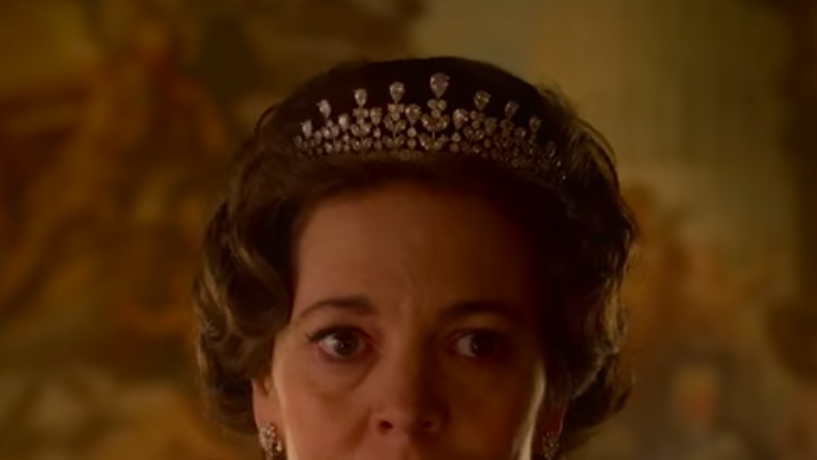
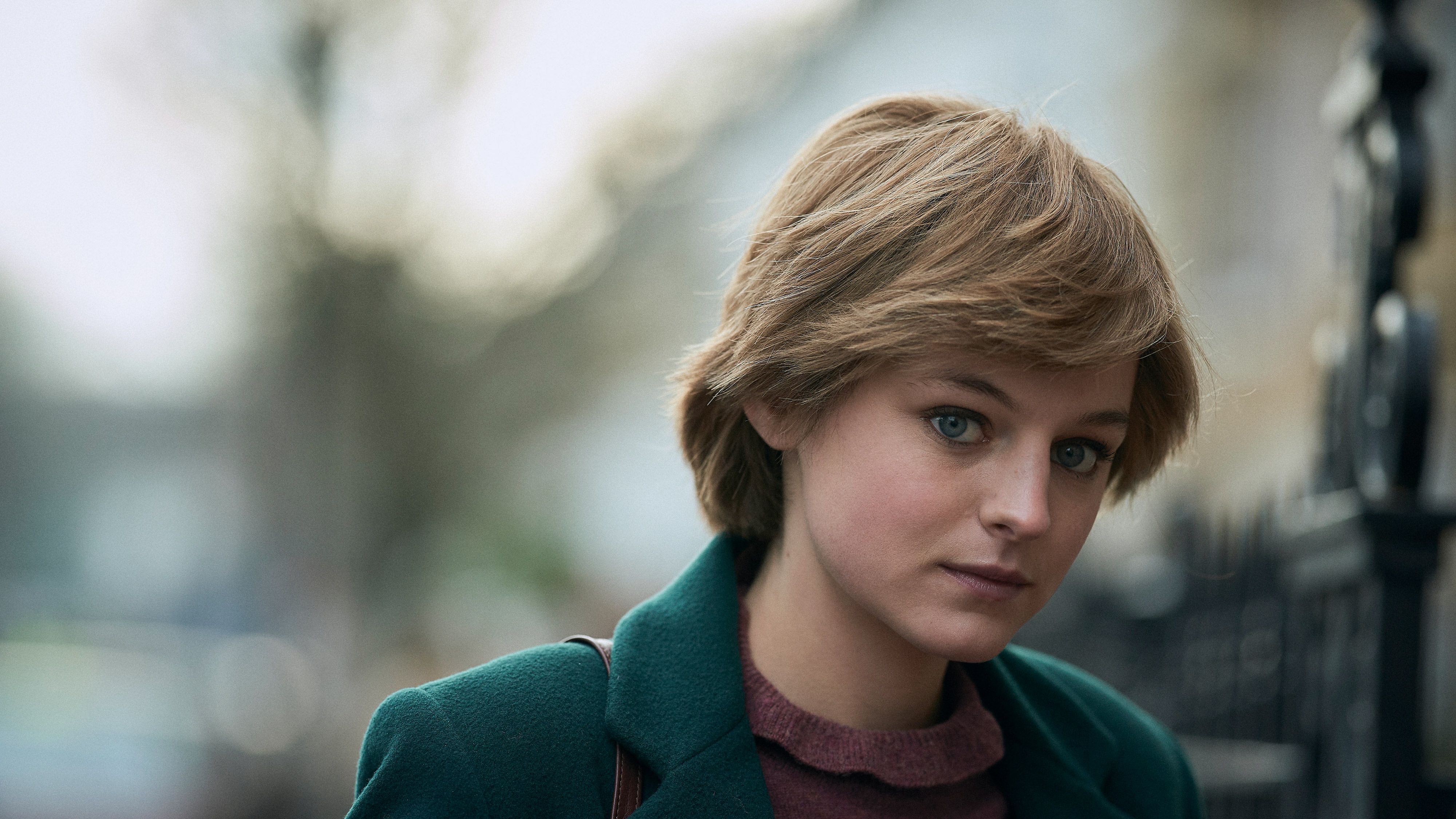
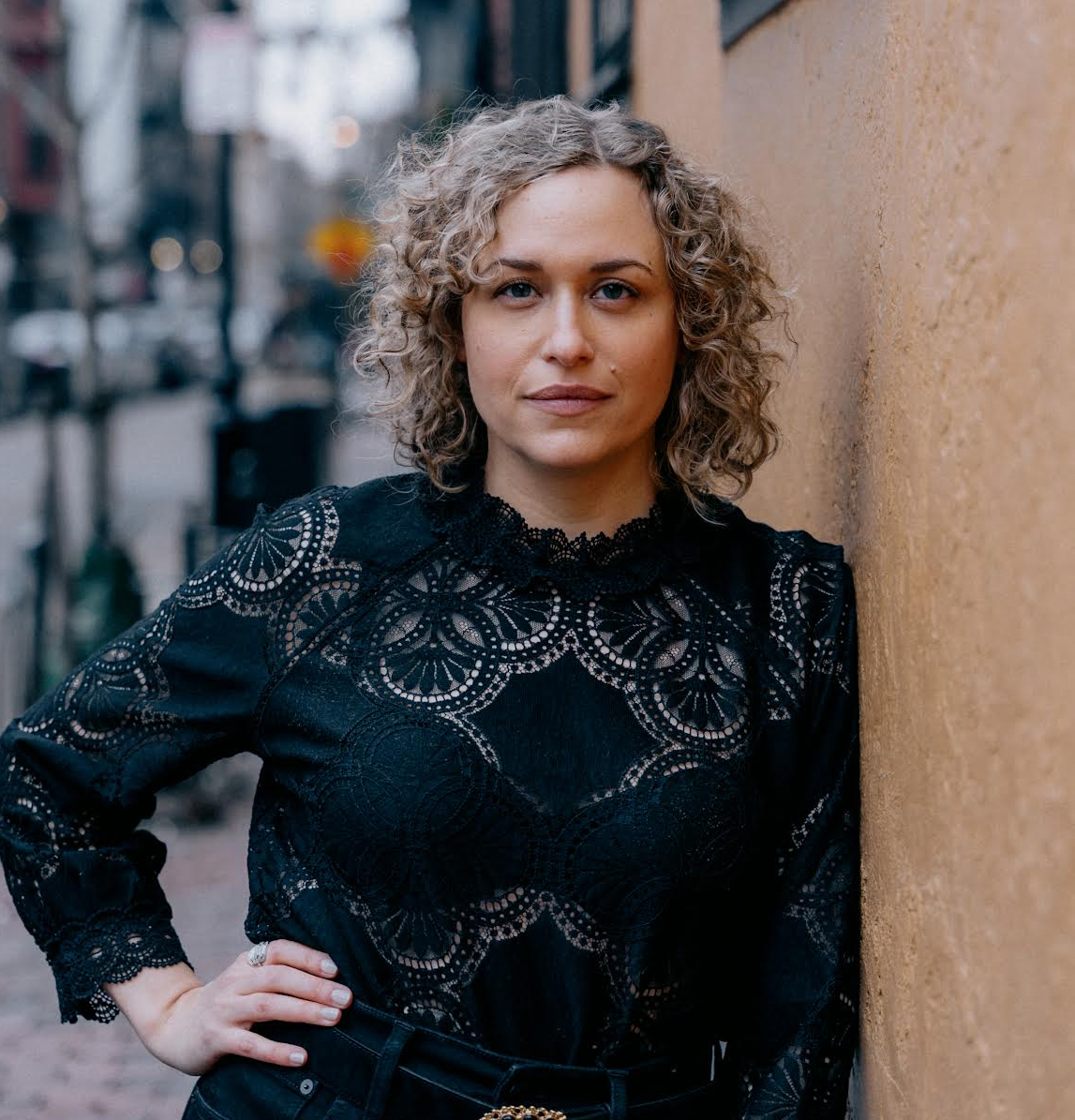
Katherine’s a contributing syndications editor at Marie Claire who covers fashion, culture, and lifestyle. In her role, she writes stories that are syndicated by MSN and other outlets. She’s been a full-time freelancer for over a decade and has had roles with Cosmopolitan (where she covered lifestyle, culture, and fashion SEO content) and Bustle (where she was their movies and culture writer). She has bylines in New York Times, Parents, InStyle, Refinery29, and elsewhere. Her work has also been syndicated by ELLE, Harper’s Bazaar, Seventeen, Good Housekeeping, and Women’s Health, among others. In addition to her stories reaching millions of readers, content she's written and edited has qualified for a Bell Ringer Award and received a Communicator Award.
Katherine has a BA in English and art history from the University of Notre Dame and an MA in art business from the Sotheby's Institute of Art (with a focus on marketing/communications). She covers a wide breadth of topics: she's written about how to find the very best petite jeans, how sustainable travel has found its footing on Instagram, and what it's like to be a professional advice-giver in the modern world. Her personal essays have run the gamut from learning to dress as a queer woman to navigating food allergies as a mom. She also has deep knowledge of SEO/EATT, affiliate revenue, commerce, and social media; she regularly edits the work of other writers. She speaks at writing-related events and podcasts about freelancing and journalism, mentors students and other new writers, and consults on coursework. Currently, Katherine lives in Boston with her husband and two kids, and you can follow her on Instagram. If you're wondering about her last name, it’s “I go to dinner,” not “Her huge ego,” but she responds to both.